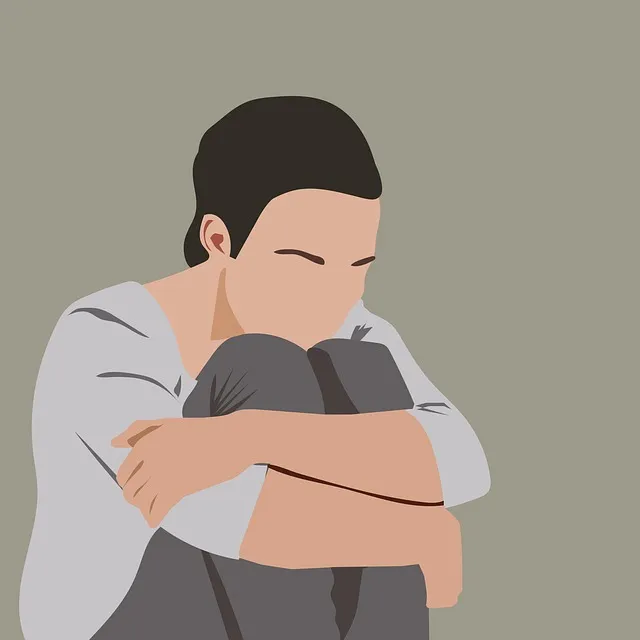Kaiser Permanente mental health Longmont focuses on Resilient Family Systems (RFM) to strengthen families and improve well-being. RFM emphasizes healthy communication, problem-solving, and emotional regulation, helping individuals manage stress, resolve conflicts, and build supportive networks. They promote holistic mental health through diverse programs like mindfulness, meditation, and physical activity, empowering community members to develop resilience for better emotional regulation and enhanced mental well-being.
“Resilience is the ability to adapt and bounce back from adversity, making it a crucial aspect of maintaining good mental well-being. The RFM (Recovery, Flexibility, and Mastery) model offers a powerful framework for understanding and enhancing this vital skill. In this article, we explore how Kaiser Permanente Longmont has integrated resilience-building exercises into their mental health services. We’ll delve into practical strategies that anyone can use to strengthen their personal resilience, drawing insights from the successful initiatives at Kaiser Permanente.”
- Understanding RFM and Its Impact on Mental Well-being
- Kaiser Permanente Longmont's Approach to Resilience Building
- Practical Exercises for Enhancing Personal Resilience
Understanding RFM and Its Impact on Mental Well-being

At Kaiser Permanente mental health Longmont, we recognize the profound impact of Resilient Family Systems (RFM) on fostering resilience and enhancing well-being. RFM is a framework that focuses on building strong, adaptable families by promoting healthy communication, effective problem-solving, and emotional regulation. This approach is particularly valuable in navigating life’s challenges and stressors, which are prevalent in today’s fast-paced society.
By incorporating RFM principles, individuals and families can develop a deeper understanding of their emotional healing processes. It empowers them to respond rather than react to difficult situations, fostering a sense of control and empowerment. This is especially relevant in public awareness campaigns that aim to improve mental health outcomes. Through these exercises, people learn to manage stress, resolve conflicts constructively, and build a supportive network—all contributing to improved emotional regulation and overall mental well-being.
Kaiser Permanente Longmont's Approach to Resilience Building

Kaiser Permanente Longmont takes a holistic approach to resilience building, recognizing that mental health is integral to overall well-being. They offer diverse programs and initiatives aimed at empowering individuals to navigate life’s challenges with strength and flexibility. One key aspect of their strategy involves promoting Self-Care Routine Development for Better Mental Health. This includes encouraging practices such as mindfulness, meditation, and regular physical activity, which are proven Stress Reduction Methods.
By fostering a culture that prioritizes Mood Management, Kaiser Permanente Longmont equips individuals with the tools to recognize and regulate emotional responses. Their resilience-building exercises are tailored to meet the unique needs of each individual, ensuring personalized support for mental health maintenance and improvement.
Practical Exercises for Enhancing Personal Resilience

Building resilience is an essential aspect of maintaining good mental health, and various practical exercises can help individuals develop this crucial skill. At Kaiser Permanente Longmont, we understand the importance of fostering mental well-being among our community members. That’s why we offer a range of simple yet effective strategies to enhance personal resilience.
One such exercise is mindfulness meditation, which encourages individuals to focus on the present moment and accept their thoughts and feelings without judgment. Regular practice can reduce stress levels and improve overall emotional regulation. Additionally, engaging in physical activities like yoga or even a brisk walk in nature allows for a mindful break from daily routines, boosting mood and resilience. These exercises are simple tools that anyone can incorporate into their daily lives to prevent burnout and support their mental health policy advocacy efforts.
Resilience, a key component of mental well-being, can be cultivated through exercises like those practiced by Kaiser Permanente Longmont. By understanding the RFM (Risk, Frequency, and Motivation) framework, individuals can navigate their mental health journeys more effectively. The practical exercises outlined in this article provide a starting point for building resilience, offering tools to enhance emotional coping mechanisms and overall resilience, inspired by innovative programs at Kaiser Permanente Longmont, focusing on mental health initiatives in the community.






